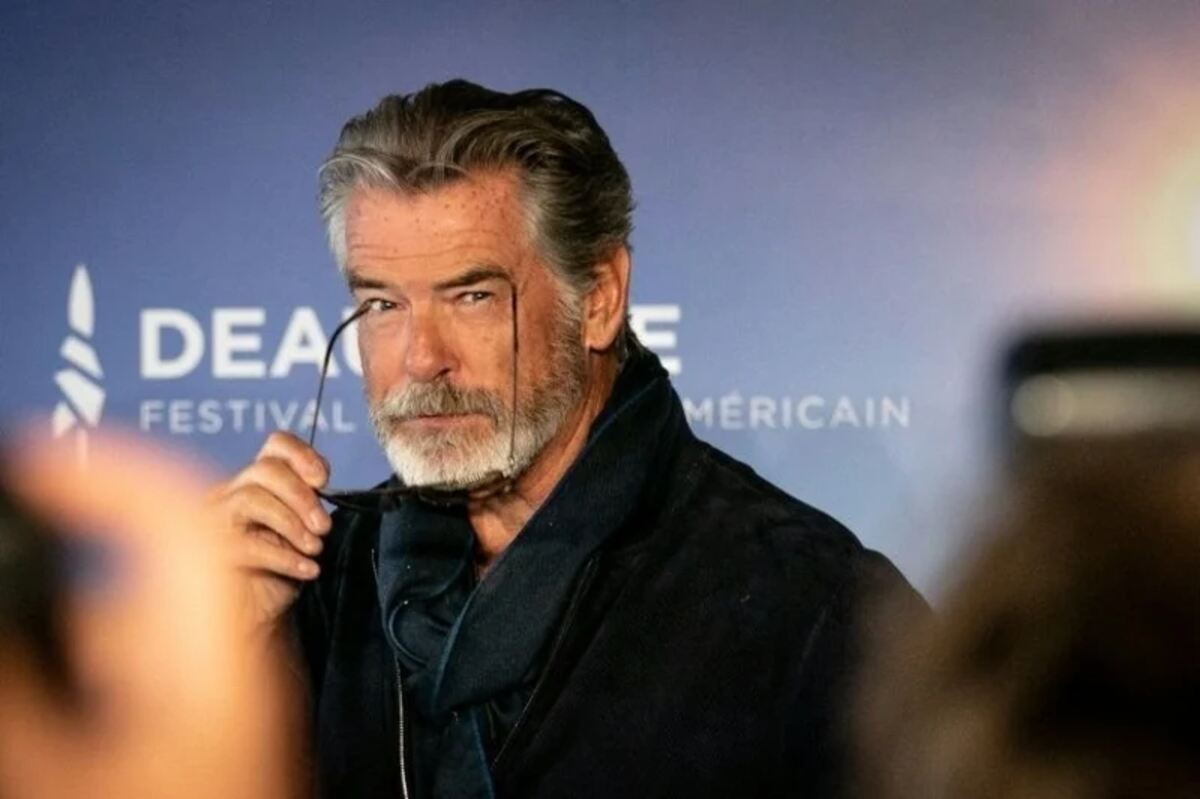Prodigious talent Alanis Morissette You Can’t Do That on Television started developing her creative abilities at a young age. She began working on the piano at the age of six, and by the time she was seven, she was becoming an expert dancer. Her early passion for the arts paid off, as the young actress began to appear on the popular children’s television program Alanis Morissette You Can’t Do That on Television (CTV, 1979-1990) by 1986. This early celebrity exposure pave the way for an amazing future in industry.
A Catholic Upbringing
Raised in a devout Catholic household, Alanis Morissette You Can’t Do That on Television upbringing was steeped in tradition and faith. She attended Holy Family Catholic School for her elementary education and later continued her studies at Immaculata High School for seventh and eighth grades. Despite her burgeoning career, Alanis Morissette You Can’t Do That on Television remained committed to her teaching, balancing her time between school and her role on “You Can’t Do That on Television,” where she appeared in five episodes. This period was formative, blending her religious values with her passion for performance.
What is the Cast of Alanis Morissette’s You Can’t Do That on Television
The cast of “You Can’t Do That on Television” varied from 1979 to 1990, with numerous child actors and comedians participating in different seasons. Alanis Morissette was one of the notable cast members, appearing in five episodes in 1986. Here are some of the key cast members from the show during its various seasons:
Main Cast
Les Lye
She played numerous adult characters on the show, including the iconic Barth (the cook) and the ever-grumpy teacher.
Christine McGlade
One of the show’s main hosts and a prominent cast member throughout the series.
- Lisa Ruddy: Another critical cast member, often appearing alongside Christine McGlade.
- Alasdair Gillis: A regular cast member during the early to mid-1980s.
- Kevin Kubusheskie: A recurring cast member who appeared in many episodes during the 1980s.
- Adam Reid Joined the cast in the later years and was one of the prominent male actors.
- Doug Ptolemy: Another recurring actor who was part of the show during the 1980s.
- Vanessa Lindores: Appeared in the later seasons of the show.
Alanis Morissette
Though not a prominent cast member, she appeared in five episodes during 1986.
Marriage to Souleye
Ashley Alanis Morissette You Can’t Do That on Television wedding hip-hop artist Mario “Souleye” Treadway on May 22, 2010. Their union turned into a journey filled with artistic creativity and love. Their findings had engaged in a public association with actor Ryan Reynolds prior to her meeting Souleye. Their love affair was one of the most talked about in the mid-2000s, even surpassing the popularity of partnerships like Kirsten Dunst and Jake Gyllenhaal despite their separation that they never got married. Though her previous romantic novels getting widely known, Alanis Morissette You Can’t Do That on Television discovered lasting bliss with Souleye, with whom she had a special bond.
Alanis Morissette’s Romantic History
Before settling down with Souleye, Alanis Morissette You Can’t Do That on Television love life was the subject of much public interest. Her romantic relationships often inspired her music, particularly her breakup anthems. The most notable was her relationship with Dave Coulier from 1992 to 1994. This tumultuous relationship is widely believed to have inspired her iconic song “You Oughta Know.” Her dating history also includes a high-profile relationship with Ryan Reynolds, further cementing her status as a pop culture icon.
The Meaning Behind the Name “Alanis”
Rich in Celtic starting point, the name Alanis means “just a little substance,” “charming,” and even “deer.” Breton is an ancient tongue spoken in Brittany, France. Alanis is a feminine version of the name William. Alanis Morissette You Can’t Do That on Television strong, relentless character and profound ties to her background are evident in her name. The distinctive and strong name has come from emphasising the singer’s strength of character and imaginative skills.
From Breakup Anthems to Empowerment
Since “You Oughta Understood,” one of the best breakup melodies ever, helped Alanis Morissette You Can’t Do That on Television cement her reputation, her professional life didn’t end there. She is now blissfully wed to Mario “Souleye” Treadway, to whom she has a loving and creative collaboration. In conjunction with her music, Morissette is a strong supporter of female empowerment and overall health—spiritual, psychological, and somatic. Her music improving and inspires, rising beyond her early profile as a breakup singer and developing into a symbol of fortitude and tenacity.
A Legacy of Feminine Strength
The effects of Alanis Morissette You Can’t Do That on Television goes well beyond just her singing. She is a singer-songwriter who has repeatedly challenged social standards and motivated women to embrace their distinct qualities and strength by using her popularity to advocate for female empowerment. Her music which reach a deep chord with listeners all across all continents, commonly confront themes of vulnerability, resilience by and self-discovery. Many women have been inspired by Morissette to discover their voice and continue in the face of hardship simply due to her music, and it has propelled her to a metaphor of feminine strength.
The Intersection of Music and Wellness
As she holds the conviction that genuine confidence originates from inside, she also dedicated herself to achieving physical, mental, and spiritual wellness. Her defence of mental health as well as promotion of self-care techniques demonstrate her holistic viewpoint on life. Alanis Morissette You Can’t Do That on Television developed a blueprint for living truly and healthily through implementing these factors into her professional and personal life. She proved that accomplishment is about beyond merely exterior successes; it’s also with inner serenity and wellness.
The Enduring Impact of You Oughta Know
When “You Oughta Know” arrived on shelves in 1995, Morissette’s profession took an aggressive swing. The song quickly grew into one of the most well-known breakup anthems ever when it struck a chord with listeners and expressed sadness and rage in an honest and unadulterated way. Both the music business and the larger cultural scene were affected. The song offered a strong and unapologetic viewpoint that connected with a generation of listeners, challenging the conventional representation of women in music. “You Oughta Know” is still a reference point whether talking about female empowerment in singing this morning.
Morissette’s Role as a Cultural Icon
Alanis Morissette You Can’t Do That on Television has persistently challenged conventional ideas about what one considers to be a female musician in the realm of music. She has established herself as an adventurous and creative artist due to her desire to tackle hard problems and explore complex emotions. Furthermore to her musical career, Morissette’s support of the arts and activism helped secure her place in popular culture. The work of innumerable performers who continue to follow in her footsteps and the continuous dialogue about the rights of women and their empowerment are witnesses to her inspiration.
The Evolving Narrative
The tale of Alanis Morissette You Can’t Do That on Television is a tribute to the strength of expressing ourselves and sincerity as well as she continues to grow as an artist and a person. Throughout her news career, Alanis Morissette You Can’t Do That on Television has shown progress, resiliency, and an everlasting dedication to her values. This is evident in everything from her early days on “You are unable to Do That on Television” to her current position as a cherished singer-songwriter and advocate. Her legacy will continue to have an influence in the music industry in addition to in a wider debate about what constitutes to be a strong, independent woman in the modern world.
Conclusion
Across her career, Alanis Morissette You Can’t Do That on Television in has blended themes of representation, music, and emotional growth. From her early days as a kid performer to her present spot as a prominent voice in the musical industry, Alanis Morissette You Can’t Do That on Television has constantly utilised her platform to encourage and improve others. Her influence on civilisation, her support of autonomy and well-being, and her contributions to music all guarantee that her legacy will last for many more years. Morissette comes as a reminder that real power comes from accepting one’s own humanism in the face of hurdles, in a world that incessantly aims to define and condemn.
Frequently Asked Questions (FAQs)
What really was Alanis Morissette's very first substantial Television role?
In Canada's shores the children's animated film "You Can't Do Which on Television" celebrated Alanis Morissette's big screen début in 1986. She had five appearances in the show while she was just twelve months old.
The reason is the name "Alanis" noteworthy?
The Celtic root of the term "Alanis" means "little substance," "handsome," and "deer," among other things. Acquired from Frenchman, a Celtic language located in Brittany, France, it is a feminine alternative of Aryan.
In what way is Mario "Souleye" Treadway acquainted with Alanis Morissette?
Mario "Souleye" Treadway is a rappers artist and the husband of Alanis Morissette. The couple, who got married on May 22, 2010, has an immense emotional and professional bond.
Which breakup song by Alanis Morissette is the most well-known?
The most widely recognised breakup song by Alanis Morissette is "You Oughta Comprehend," which was published in 1995. The song, as is recognised as one among all-time great breakup songs, is inspired by the previous courtship with comic Dave Coulier.
In what way has Alanis Morissette played in supporting women?
Alanis Their findings has always promoted female empowerment through her music and her platform. She additionally stresses holistic physical and mental health awareness in her songs, which frequently deal with themes of capacity, vulnerability, and self-exploration.
Which connection does Alanis Morissette have with Ryan Reynolds takes these concepts and?
Early in the new The millennium, Alanis Morissette and actor Ryan Reynolds had a significant romance. Though being engaged, the couple ended their relationship in 2007. They were one of the most commonly talked-about pairs subsequent to they split up.
Which styles of music does Alanis Morissette in specialised in?
The genres in which Alanis Melissa Morissette is most well-known include alternative rock and post-grunge. Her music is distinguished by its complex emotional content, pensive lyrics, and commanding vocals.
Has Alanis Morissette ever acted in any TV series or films?
Other than to her work in music, Alanis Their findings has acted in a number of plays. Her most well-known performance was as God in the 1999 comedy Dogma. She additionally made appearances in episodes of television programs like Plants such as and Sex and the Town.
Whether further tracks by Alanis Morissette are particularly noteworthy?
Alanis Morissette gets recognition as well for the songs "Interesting," "Hand in My Handy," "Thank U," and "Unexpectedly." Her fans nevertheless like all of these songs, since they have all achieved considerable economic success.
How has Alanis Morissette's artistic style changed throughout time?
Alanis Morissette has developed into a thoughtful, mature artist from her days as a youthful pop star. Her songs now centre on themes of wellbeing, spirituality, and personal improvement as they have become more reflective. She stays loyal to her fundamental principles while continues to push the boundaries of her craft.








